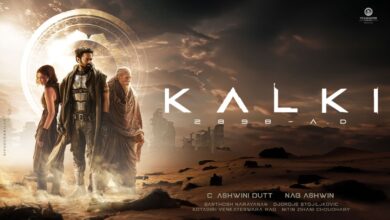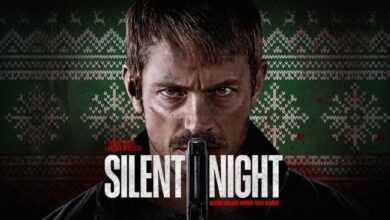The Crow Movie Review: Bill Skarsgård, Who Doesn’t Make Us Miss the Late Brandon Lee!
Stars: Bill Skarsgård, FKA twigs, Danny Huston
Director: Rupert Sanders
Where to Watch: In Theaters
Filmyhype.com Ratings: 2.5/5 (two and a half stars)
The mere announcement of a remake of The Crow was enough to make practically everyone take up pitchforks. The trailer for The Crow was enough to unleash the wrath of the fans of the film starring Brandon Lee, labeling it a bad film (to use a euphemism and not to descend into vulgarity) even before its release. Well, starting with prejudice is never a good thing, generally speaking. As happened with Suspiria, sometimes it can also happen that a remake is different from the original and, if not on par with it, on those shores of perfection. So, while starting with the best intentions, let’s dive into this The Crow, which probably managed to obtain the infamous label of the most hated film ever even before it was released in theaters. The question we will try to answer is: is it really a bad film? Short answer: yes. The argument, below, immediately after the plot, which more or less remains the same.
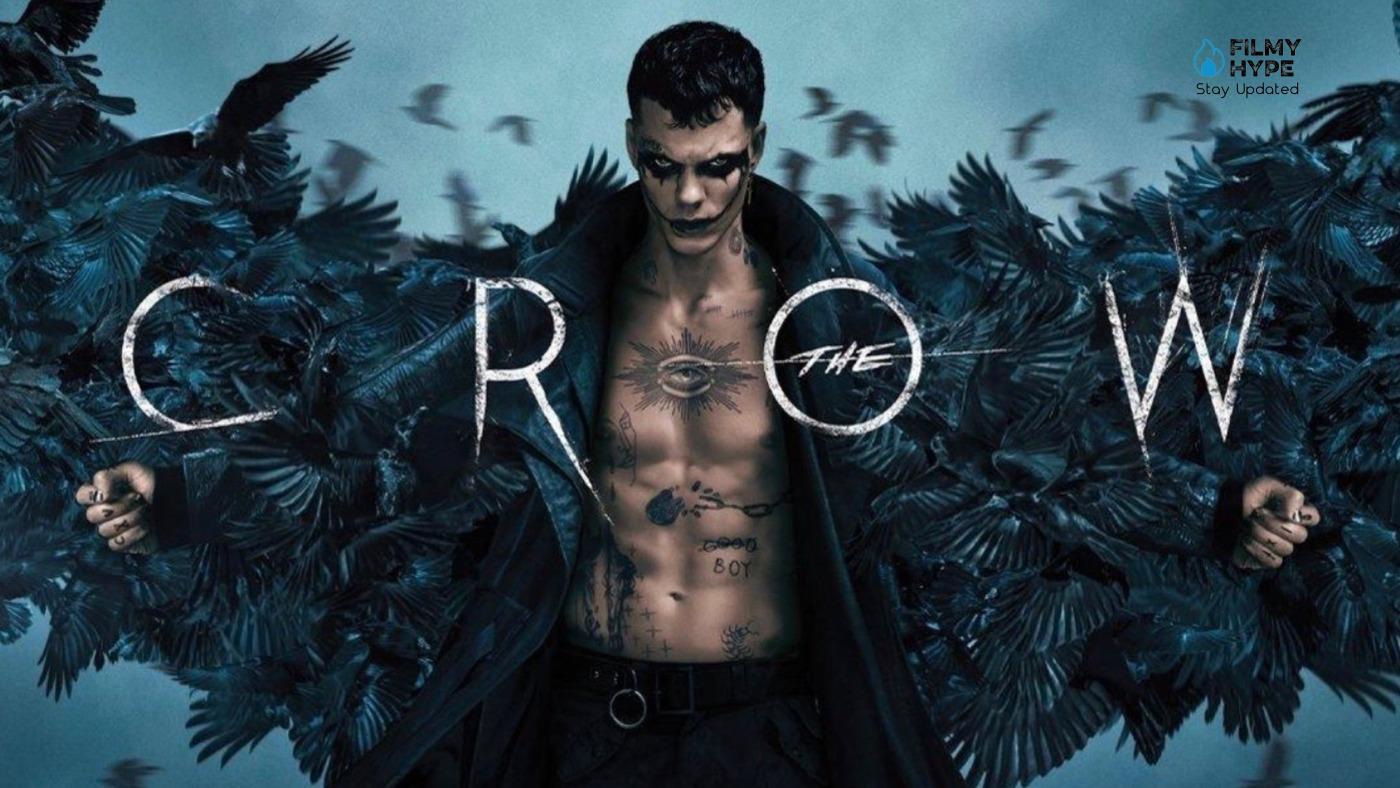
The Crow is not as good as the film it was inspired by, but we can be generous enough to grant it the right to follow in its footsteps, despite being a profoundly different film. Let’s go back exactly 30 years ago, when Alex Proyas’ film was released in theaters, already cloaked in its cursed aura, perhaps already destined to be a cult. How could it be otherwise? In a film, you sit in the theater and somewhere in your brain, you know that when you see the bad guys on duty shoot the protagonist, that scene that ended up in the editing is exactly the one in which, for real, the film’s protagonist lost his life. For years, people have talked about the bitter irony poorly concealed behind the tragedy: a young promise of cinema, a son of art who dies on the set of a film in which he plays with great charisma a man who returns from his brutal murder to take revenge on those who deprived him and his beloved of life. This is what The Crow left behind: a tragic story that fits perfectly into the tragedy told by a film whose look, atmosphere, and gothic tones we remember. After all, that was the golden age of Tim Burton, of the youthful malaise that filtered through grunge but also pop, youth cultures, and countercultures.
The Crow Movie Review: The Story Plot
The story of The Crow is the one we all know; it is the dark and painful one of O’Barr’s comics. That of revenge carried out between pain and blood. It is the story of Eric Draven and his partner Shelly Webster, a couple linked by a strong, deep, impossible-to-break love. Even when the couple is brutally killed by a gang of criminals, creating a wound and a pain capable of going beyond the earthly threshold: it is there that Eric’s revenge will be carried out, in that thin border between the world of the living and that of the dead, to put things right in his own way, proving himself ready to sacrifice himself to embrace the possibility of saving his beloved Shelley.
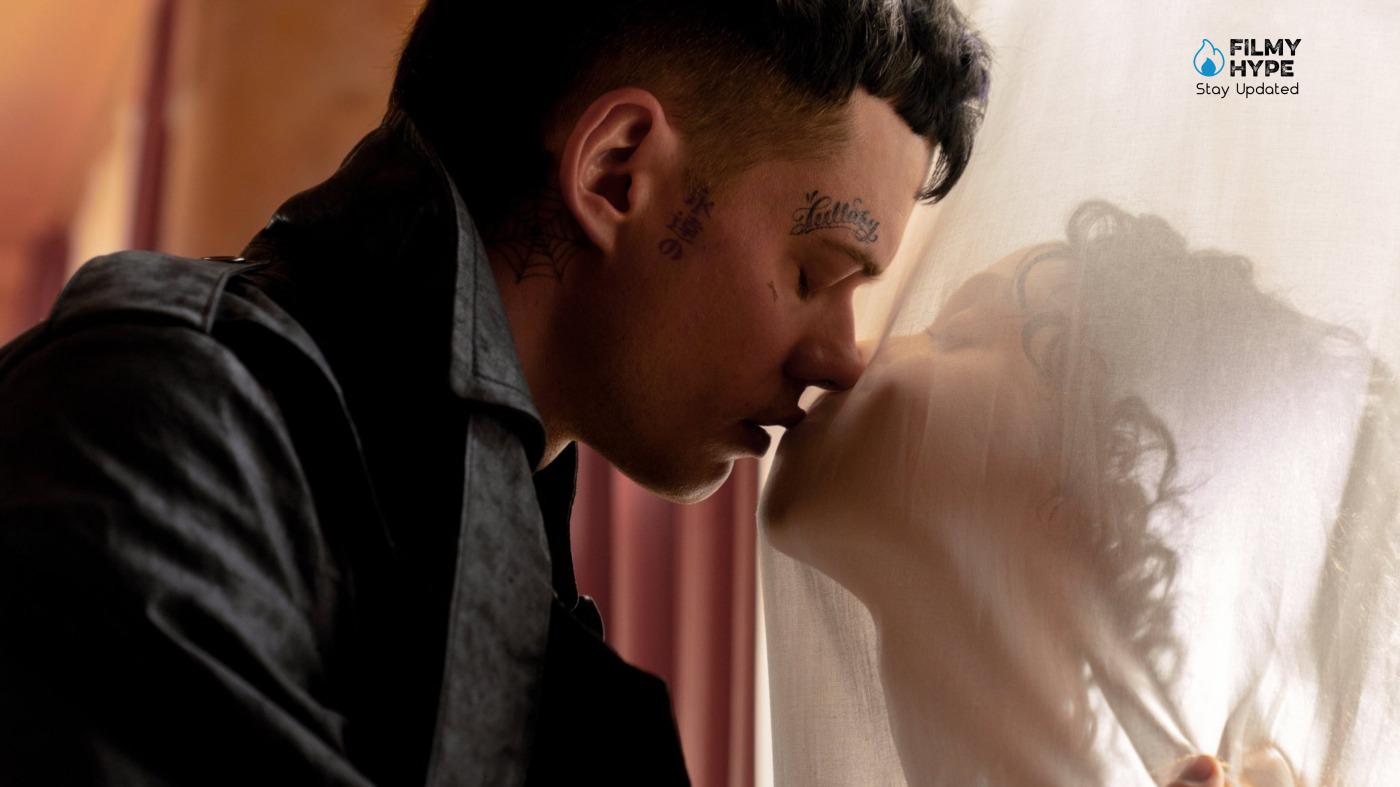
Bill Skarsgård takes on the honor and burden of this role and this revenge, and he does it with the charisma and magnetism on screen that we have recognized in him on other occasions, catalyzing attention on himself to present us with a new Crow, a version of Eric Draven that can make us forget Brandon Lee. It is the most difficult and complex part of the operation. Still, paradoxically it is also the most successful: his Draven has dignity of his own and would be the right starting point around which to build a version of that story that can immerse itself in the aesthetics that have been formed in the first quarter of this new century, in contrast to that of the previous film.
The Crow Movie Review and Analysis
Rewatching it today, The Crow is surprising for being a film with a barely sketched story, with a plot that never really works. Very little happens, often in such a poorly directed and edited way that it is not clear what is happening, or who is shooting whom. The film as a narrative is almost non-existent. The Crow exists, survives, and proliferates as an atmosphere. There is not all the blood that you may remember: the memory of that bright red is that of a photograph that insists on red backgrounds, reddish neon, and ruby lights. The only point of color in a black-and-white world, perpetually washed by an evidently scenic and created on the set, infinite rain. It is not a meteorological phenomenon; it is the expression of the feeling of sadness and longing that moves the protagonists. The Crow is a cult that lives on atmosphere, on the ability to intercept the first video-clip drifts of the MTV generation at the cinema: the best sequences seem stolen from music videos of rock bands.
The Crow embodied, like others, an imagery, a suggestion, a mood, without ever being a complete film like Burton’s gothic works, like Donnie Darko a few years later. In 2024, The Crow is the exact opposite. It is a very strange film, something truly unique that has not been seen in theaters for a very long time. It does not feel like being at the cinema, it feels like stumbling upon a private broadcaster in an old film – perhaps from the 90s – that you had never seen before, remaining at the same time fascinating and skeptical. The Crow is completely disconnected from the mood of contemporary cinema. Sure, it was shot digitally, sure, it has that sad palette of metallic, dull, and slightly washed-out colors that make you miss that almost cartoonish and very noir red of the original. Sure, the faces are those of today: the slightly alien and beautiful one of FKA Twigs (who breaks through the screen with her gaze, but as an actress, she still has a lot of work to do) and that of Bill Skarsgård. A performer who has not yet been given a project that lives up to his obvious, enormous talent and charisma.
A bit like Brandon Lee, also the son of an artist, he takes the film on his shoulders and patches it up, also carrying around the very uncomfortable comparison with his late predecessor. The new Crow has a genesis similar to the original but with a weaker start. The idea of the 90s film was much stronger, both in development and in chronology: it started with the slaughter and gradually explained what happened, why, and how it would be avenged. Here instead it starts with the falling in love of two outcasts locked up in a psychiatric clinic, their pure and deep love is cultivated, postponing for a while the immense inevitable tragedy. This time the story is more carefully crafted, and more articulated, with a vague social criticism even before the supernatural component emerges. You see a bit of drugs (how long has it been since we saw that in a commercial film?), there is an undercurrent of rich people sending their lackeys to eliminate inconvenient witnesses.
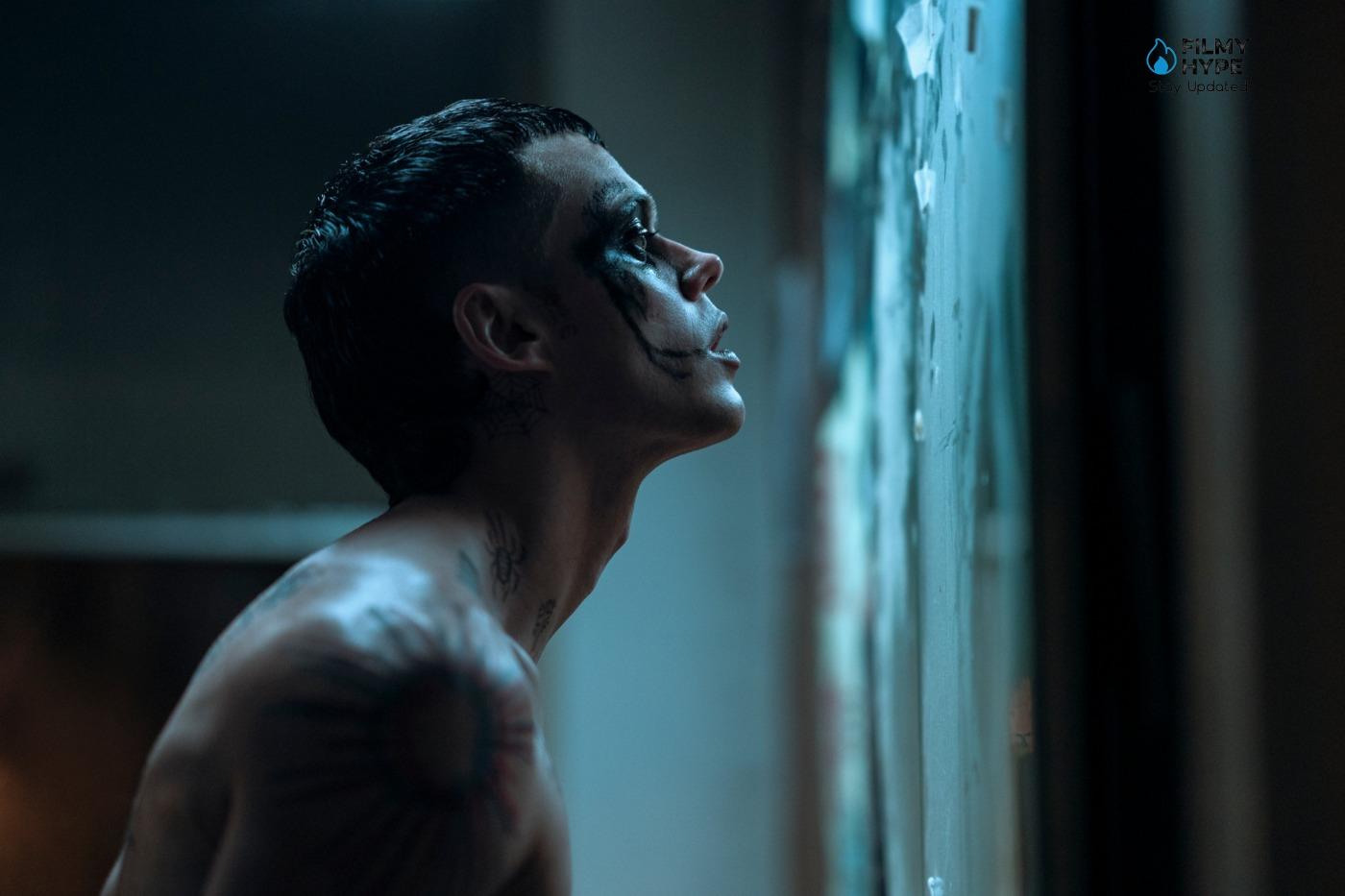
This Crow has his own purgatory, a world between worlds where an otherworldly figure awaits him and explains the rules of the game. Little by little we understand that the point is not only revenge but a sort of contemporary Orpheus and Eurydice. If he condemns himself, perhaps there is still hope for her. The story is syncopated but also anarchic, it decides to do its own thing, and it takes embarrassing but sometimes unexpected, daring turns. Just like in the original, there is a search for an atmosphere, one that hasn’t been seen in a long time at the cinema. Not the gothic one, no. Rather a sort of widespread decadence, mixed with the melancholy of a love so all-encompassing that it can only end in tragedy. Pure love, crazy love, too much love: something that seems light years away from the present in which in films like Twisters, even a kiss seems too daring, a concession. The Crow dives into a romanticism with the consistency of molasses, almost viscous, and suffocating and you roll around in it, while the rest of the cinema is careful not to even touch on the sentimental, romantic, physical dimension.
The Crow instead indulges in an all-encompassing and almost adolescent romanticism. This is what makes him strange, different, alien, alternative. Unfortunately, however, at a certain point, someone reminds him that he must reconnect to the present and here in the final part he becomes a bad photocopy of John Wick. But it occasionally stumbles upon moments of almost heartbreaking beauty: the stunning choreography at work, for example, which becomes the culmination of an intriguing soundtrack. The costumes seem more like avant-garde fashion pieces than something made for a film. It is yet another fine work by the duo Kurt and Bart, who had already made a name for themselves with their work on The Hunger Games: Mockingjay and the Apple Foundation series.
The myth of The Crow, by Alex Proyas, is made even more fascinating and “gothic” by the terrible news of Brandon Lee’s death on the set. Almost as if the story based on the famous graphic novel by James O’Barr had to come to life even beyond the set. All are deeply consistent with the dark wave that flooded the Eighties, the most prolific decade ever when it comes to popular culture. That Crow became a cult in a very short time, treated like a relic by all the young goths of the time. A comic that drew from that imagery, then sublimated also by the homonymous film by Proyas that accompanied the images with a perfect and punctual soundtrack, embellishing even more, despite himself, the pages drawn by O’Barr. Decades have passed, then, until today, when that imagery has been replaced. And since we find ourselves in an era where remakes and reboots are the order of the day, it was impossible that the majors did not also consider The Crow.
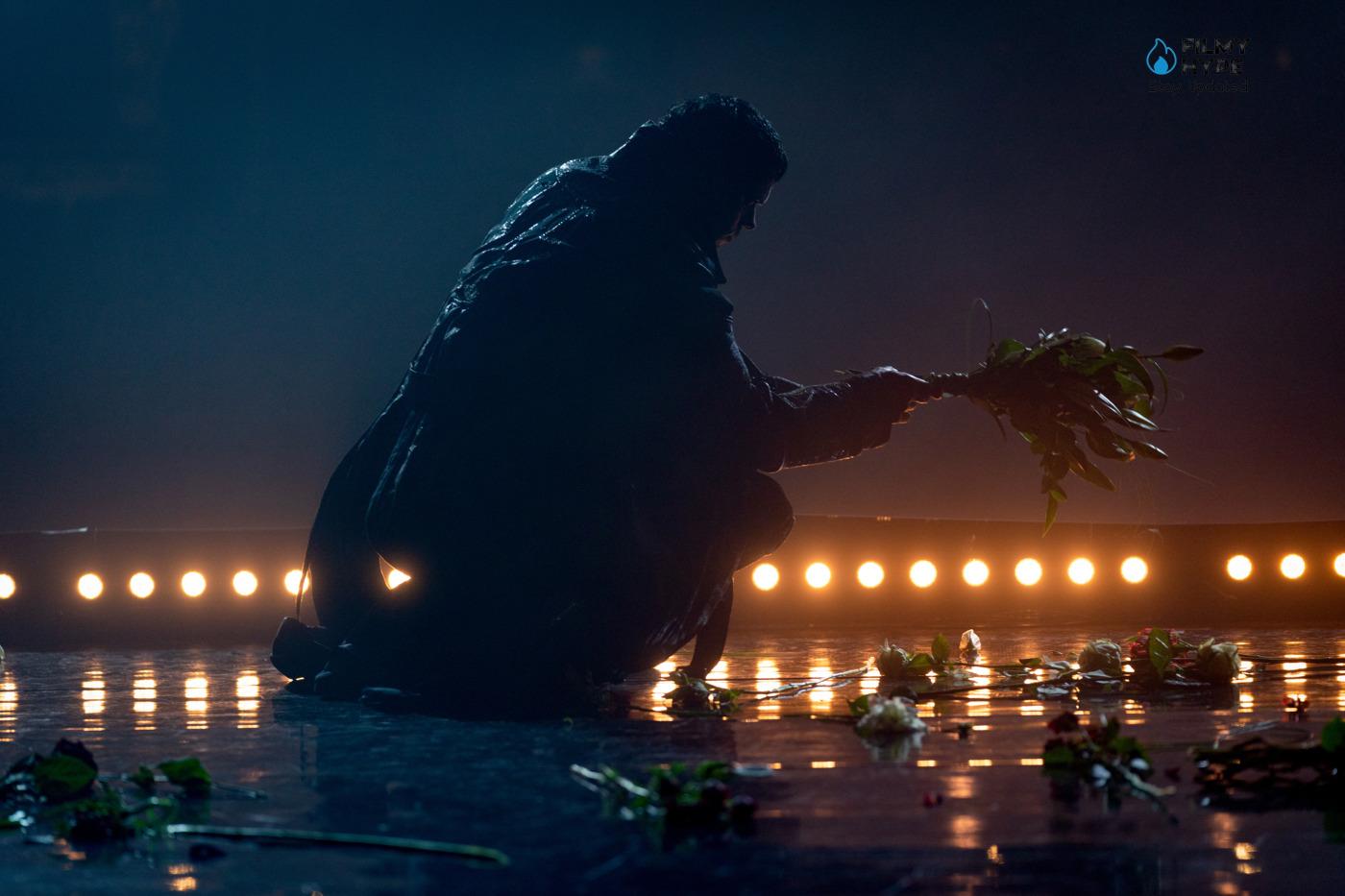
Let it be clear that, as said before, a remake or a reboot does not necessarily have to be bad. And, as in the case of Suspiria, this new “iconoclasm” can also lead to excellent products. Reviewing the past with a new eye is a very smart commercial move that, however, if well managed, as in the case of Jumanji, gives well-reasoned entertainment products that always leave everyone satisfied on several levels. On the one hand, the nostalgia factor, and on the other the novelty factor for those who approach the specific franchise. So, in other words, the main theme should never be that it is wrong to remake, but rather the final result of the remake. Which in this specific case of The Crow, is not a good result at all. And not for the banal reasons why icons should not be touched. On the contrary. The premises to make a good film but reinterpreted in the present and with a contemporary look, were all there. A good actor like Bill Skarsgard as the protagonist, a trap star like FKA twigs. In short, it was all there. What is missing, however, is only a coherent script.
The Crow chooses to build a film that looks very little at the original story, reducing everything to just a story of love and revenge. Everything else takes on profoundly different contours, between discomfort and youthful rebellion, moving with a video clip style in two large parts. The first, in which the couple’s fleeting love is shown between parties and revelries, Vaira drugs and ostentatious wealth. The second of violence and explanations. And in these two parts, the problems outweigh the very few positive things that there are. Between love phrases that make you shiver, in a negative way, because they are out of time and explanations of how the legend of the Raven that knocks works, we are introduced to a villain (a perfect Danny Huston) with a completely unexpressed potential, assuming he ever had one. At least until he lets himself go in a monologue that seems to be very meta cinematographic, and that despite himself seems to make the director speak who almost apologizes. Speculations are probably non-existent on the part of the writer but that becomes a lifeline in this terrible shipwreck.
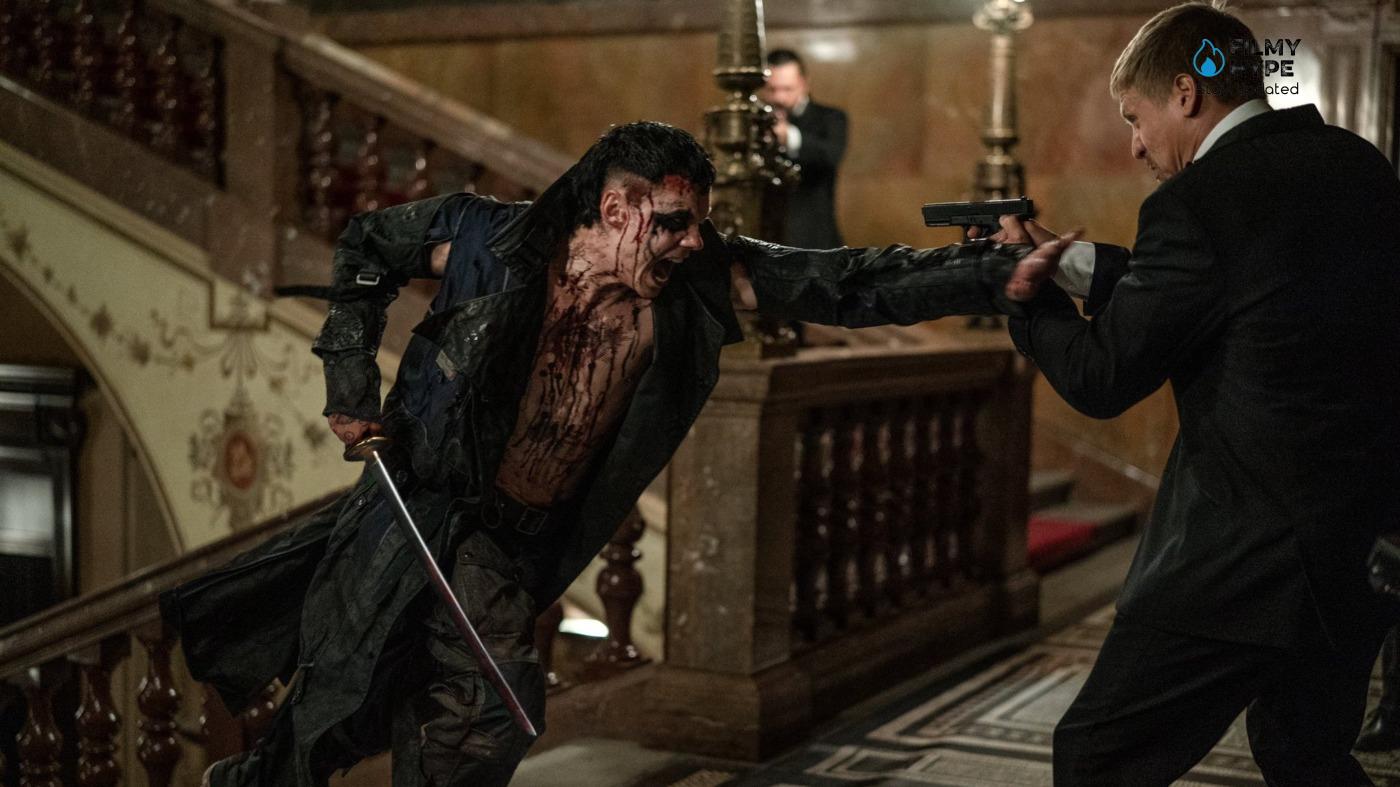
After a massive dose of violence, we arrive at the finale of The Crow, a film full of explanations but which ultimately explains almost nothing, leaving the viewer with too many questions, which inevitably culminate with the question of questions: did it make sense to make a remake like this? A question that makes sense, even if badly posed. Does it make sense to make films like this? The answer is obviously no, because if you prefer to waste time having to sit there and explain the obvious, but then leave too many things hanging, the result loses coherence, giving the impression of being an almost ill-wanted film, thrown there to die in its sloppiness. The Crow is therefore a wasted opportunity that unfortunately forces us to agree with the film’s biased detractors, the same ones who perhaps, at the time of the first Crow, were mocked for their teased hair and clothing in which the lightest color they wore was black. And who today perhaps adopt the same narrative against the much-hated Gen Z. In short, historical cycles and recurrences, in which the “victims” become “executioners” (as happens not too far from our homeland, to move the discussion to other exotic areas).
The Crow Movie Review: The Last Words
In short, The Crow is certainly not a successful film. Like the original, it lacks a coherent script and direction that lives up to its imagery (director Rupert Sanders does what he can but lacks character and vision). However, there is a lot of good in this failure, starting with Bill Skarsgård’s performance. Above all, there is the desire to try to make a remake by putting something new into it and not chasing the trends of the moment, at least until the film succumbs to the will/need to seem like a new John Wick. You certainly won’t find anything similar to this half-failure in theaters today, sometimes capable of surprising in a positive way. Rupert Sanders’ new adaptation of The Crow focuses on spectacle rather than intimate suffering, thus managing to create a work that is different from its predecessor, but leaves the operation unfinished by not taking the same care of the musical selection and lacking in terms of personality.



